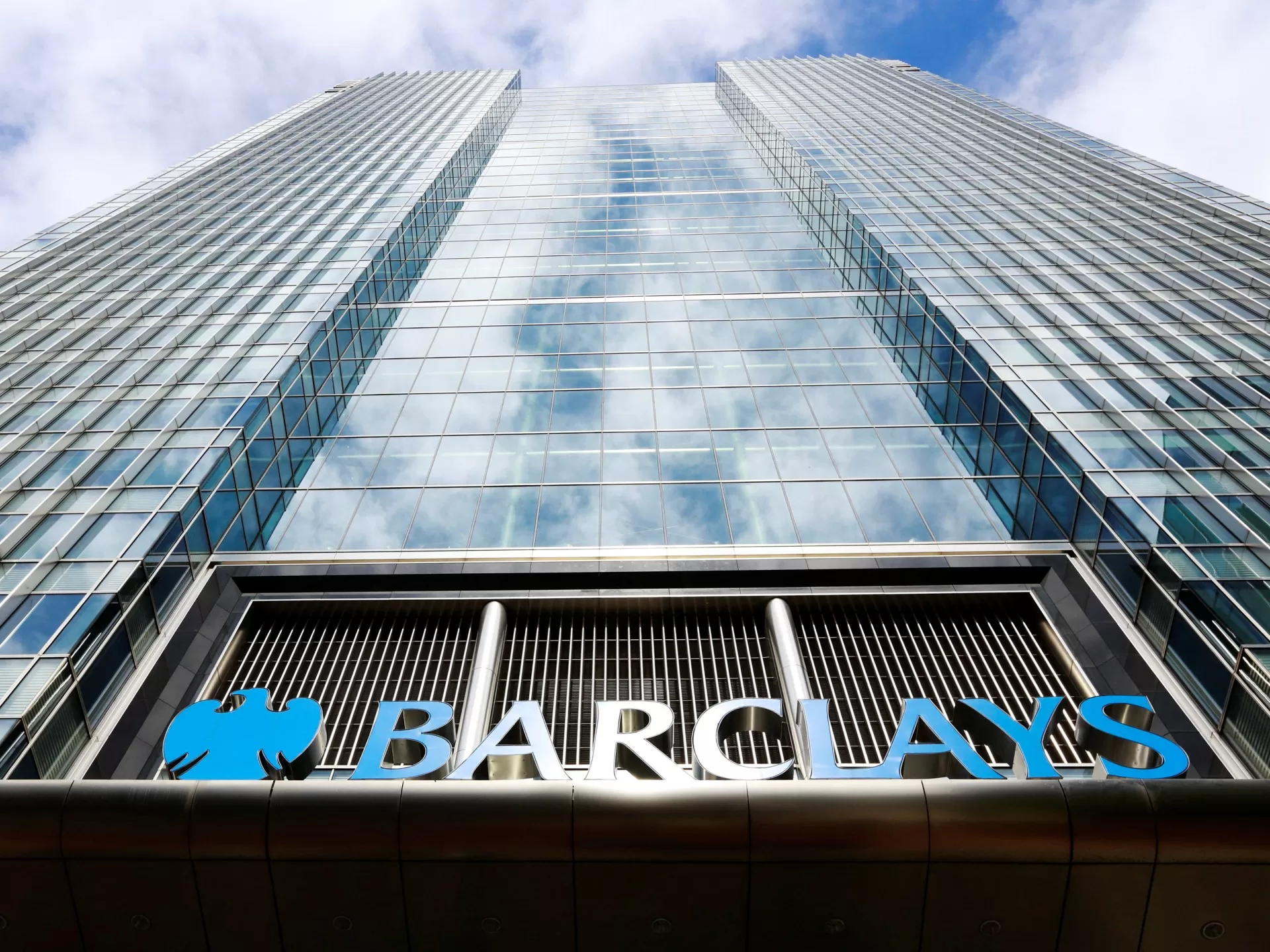UK bank wanted to quell criticism over involvement with defence firms supplying Israeli military.
Barclays had planned to withdraw from Israeli government bond auctions in response to pressure from pro-Palestinian activists calling for a boycott of the bank over its relations with the country and its defence suppliers, according to the Financial Times.
The bank, one of seven foreign lenders helping the Israeli government to sell debt, had planned to leave the market in recent weeks, but ended up reaffirming its commitment to the country, the FT reported on Wednesday.
Barclays informed Israeli officials on Tuesday that it planned to continue to work as a so-called primary dealer, operating alongside other international banks such as Goldman Sachs, JPMorgan Chase and Deutsche Bank.
“We appreciate the bank’s statement affirming its continued commitment to the State of Israel,” said Yali Rothenberg, Israel’s accountant general, cited in the newspaper’s report.
“It is crucial that leading global financial institutions, such as Barclays, choose to resist boycotting Israel and support its legitimate right to self-defence as a leading western democracy,” he was quoted as saying.
Barclays, which has been targeted by pro-Palestinian activists disrupting its annual shareholder meeting in May and protesting outside one of its London branches, has faced criticism for providing financial services to defence firms that produce equipment used by the Israeli military.
In an undated statement on its website, it acknowledged that it had been asked why it invests in nine defence companies supplying Israel, saying that the questions “mistake” its activities.
The bank has said that it does not invest its own money in companies that supply weapons used by Israel in its war on Gaza, as it is not an investor and instead trades shares of listed firms for clients.
Alluding specifically to its alleged investment in Elbit, an Israeli defence manufacturer that activists claim makes cluster bombs, the bank said in its statement that it “may hold shares in relation to client driven transactions, which is why we appear on the share register, but we are not investors”.
It also noted that it would “cease any relationship” with entities if it saw “evidence” that cluster bombs were being made.
Israel has sold billions of dollars worth of debt to help finance the widening government deficit caused by its war, including a record $8bn international bond sale in March, according to the FT.
Israel launched its war on Gaza in response to an October 7 attack led by Palestinian group Hamas on its territory, which killed an estimated 1,139 people. To date, Israel’s military offensive has killed at least 39,965 Palestinians and wounded 92,294.
